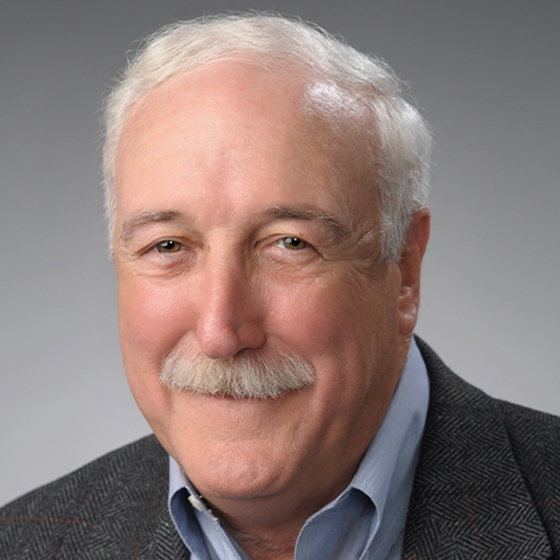'Space Is the Wild West': Expert Says International Action Needed to Address Growing Space Debris Problem
The FCC recently issued its first fine for space debris, after a DISH satellite that was end-of-life wasn’t moved into the correct orbit.

Sean O’Keefe is a Syracuse University professor and former NASA administrator. He says that FCC fines are likely to become more commonplace as the volume of satellite traffic increases – and that the international scope of the issue could lead to problems.
Prof. O’Keefe says:
“There are over 7,700 active satellites orbiting the Earth. That’s more than twice as many as there were just three years ago, and more than 1,300 than there were as this year began. Another 3,300 are inactive satellites, aimlessly orbiting space junk.
Most of the satellites – more than 80% of the operational and inactive – are orbiting in Low Earth Orbit – between about 100 to 1,200 miles from the Earth’s surface. For relative reference, Hubble Telescope operates at about 350 miles up and International Space Station between 225-275 miles generally. Everything at LEO altitude gradually declines thanks to Earth’s gravity. Many older satellites don’t have the capability to adjust altitude when orbit altitudes decline significantly.
There’s plenty of talking about this issue, but not a lot of listening, and ever less about solutions.
Sean O’Keefe
Space is starting to resemble the Wild West, and this is just the beginning. Thousands of satellites are queuing up for launch in the next 3-4 years – like Starlink. There’s plenty of talking about this issue, but not a lot of listening, and ever less about solutions.
There is no means or global entity empowered to enforce orbital positions. The world relies on good will and the means for regulatory agencies to levy fines when orbiting patterns change. Good luck collecting on an FCC fine issued for a Russian satellite that’s wandered off.
The UN is fretting over this, but unlikely to come to much of a resolution anytime soon – if ever. To be effective, every participant has to play. The likelihood of any international protocol being enforced by a global “policing” capacity is pretty remote. That requires UN nation state members to cede sovereignty. Not likely.
The UK is attempting to organize operational protocols around insurance underwriting. A similar effort hundreds of years ago introduced order to the maritime commercial shipping business that’s largely the framework to this day. Lloyd’s of London was founded and transformed the risk insurance industry. It may take a few more space collision accidents for standard protocols to be adopted, but again, it requires companies and nation states to participate by seeing this in their own self-interest.”
To request interviews or get more information:
Chris Munoz
Media Relations Specialist
Division of Communications
cjmunoz@syr.edu



